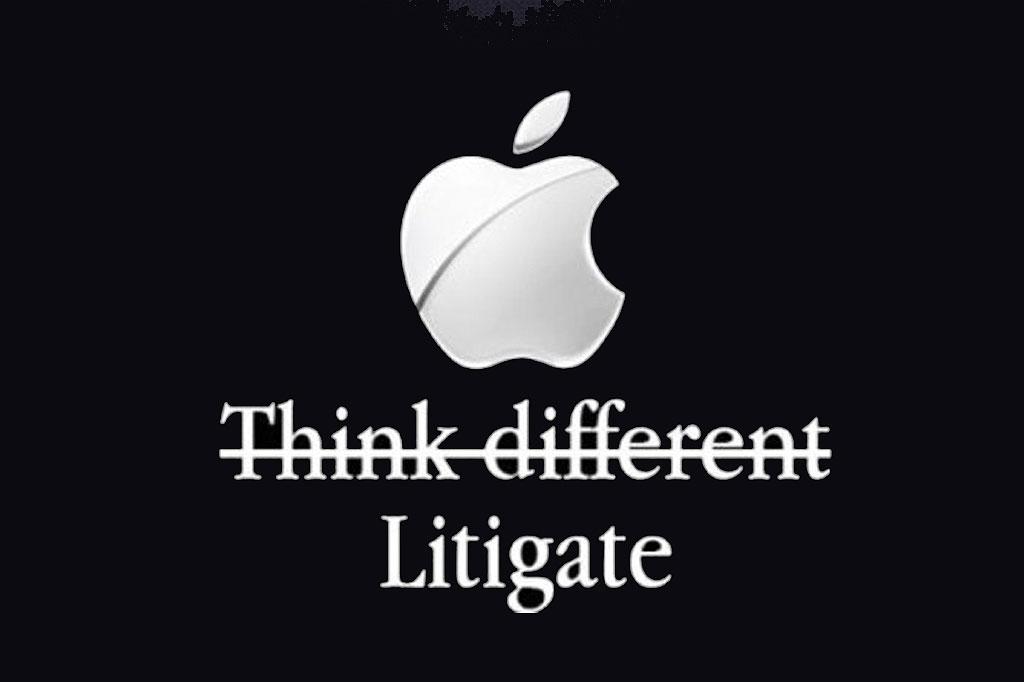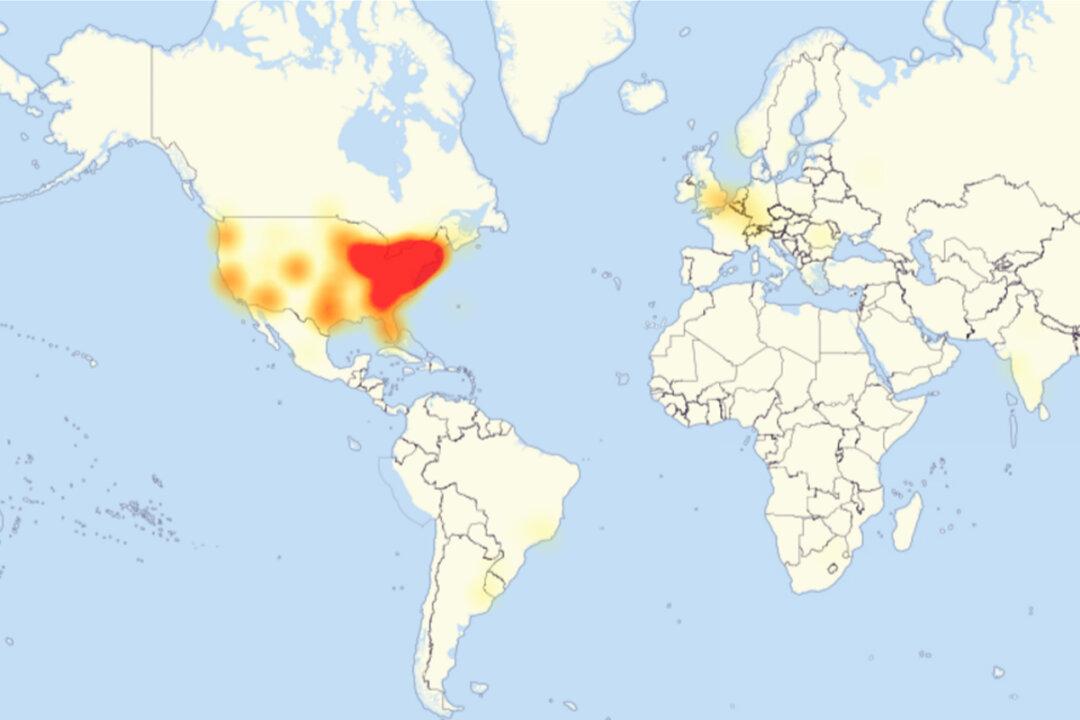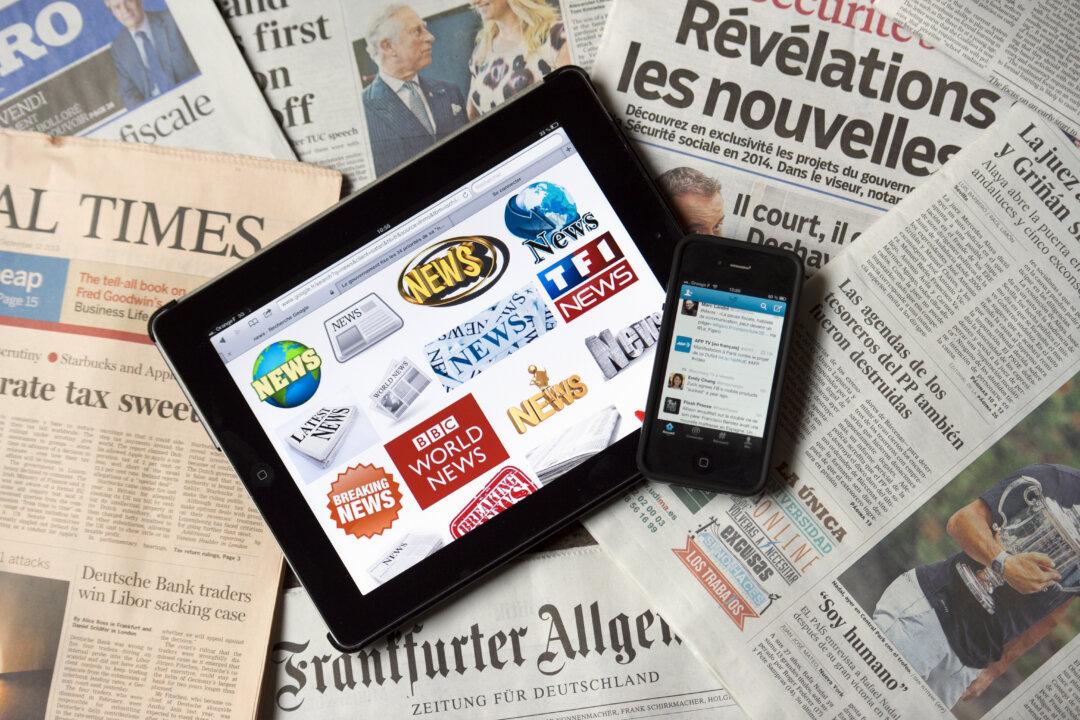Another battle in the ongoing patent litigation war between Apple and Samsung has just been called with a US jury awarding Apple about $120 million in damages for Samsung’s infringement of two iPhone patents. Samsung was also awarded $160,000 for Apple’s infringement of one of its patents. As with the previous US court decision between Apple and Samsung, these decisions will almost certainly be appealed.
The fact that the jury only awarded Apple about 5.4% of what it asked for in damages illustrated that the estimation of the importance of Apple’s patents to the actual value of a phone is extremely hard to work out.
There have been a number of significant outcomes of this trial however that are almost certain to influence how far Apple in particular wants to push the strategy of using litigation in its fight against both Samsung and Android.
National Interest
In the first trial held in the US in 2012, the jury awarded Apple $930 million in damages for Samsung’s violation of a slew of patents. That trial however, really was about a US company battling a foreign one. In this latest trial, Samsung brought Google into the frame by bringing in senior staff to argue that they had been working on the disputed technology prior to the patents being awarded. At the very least, this would have re-calibrated the jury into understanding that Apple’s quest was really not just against Samsung, a foreign company, but against Google as well, another highly respected US company.
It would also not have hurt that Samsung’s brand has become in its own right, much more highly recognised and respected in the US since the first trial.
By not being able to make these trials about the threat to US interests and Apple as a valued US company, Apple’s advantage is severely diminished.
Another weakness in Apple’s case once Google became involved was making the simple argument that Apple innovated and Samsung copied. By making sure that the jury understood that the technology being discussed was Android which was created by Google, this argument went away. Whilst it was possible to portray Samsung as largely lacking the ability to innovate, it would be much harder to level the same argument against Google, a company strongly associated with innovation.
No Slowdown for Android
In the first trial, Judge Koh refused Apple’s request to ban the import of Samsung phones into the US. It is extremely unlikely that an import ban will be imposed as a result of this latest trial. Again, this has undermined the value of this type of litigation to Apple. It has done nothing to slow the growth of Android or Samsung, both of which have increased market share in the US since the trial.
It becomes a very much harder argument for Apple to make that Samsung and Android are profiting off its innovation when Android is the leading platform in the US.
The Legal Tortoise vs the Manufacturing Hare
The other problem for Apple is that the models of phone that it can’t litigate quickly enough to match the rapid turnover in Android phone models. The patents don’t cover significant components of the functionality of the Android operating system and so are relatively easy to circumvent, either in existing models but especially so in new ones. In the time that the latest round of litigation has taken place, Samsung has already moved on with the release of the Galaxy S5.
Apple’s No-Win Position
Continued litigation for Apple is a no-win prospect. Financially, it makes little sense as it is spending almost as much as it is making in these cases. But worse, it is losing on the “hearts and minds” front with the US and rest of the world public. Apple is firmly seen as the aggressor even if they have just cause in the strict legal sense. It is hard not to see this as patent trolling of a kind which serves nobody’s interests, especially the public.
These cases become very quickly a matter of perception. For Apple to succeed, it needed to portray a risk to national interests and to maintain its image as a leading innovator facing a foreign entity that succeeds by copying. The reality however is that Apple is struggling to maintain its image as innovator and as Google steps up to the fight, the national interest argument becomes moot.
David Glance does not work for, consult to, own shares in or receive funding from any company or organisation that would benefit from this article, and has no relevant affiliations.
This article was originally published on The Conversation. Read the original article.




